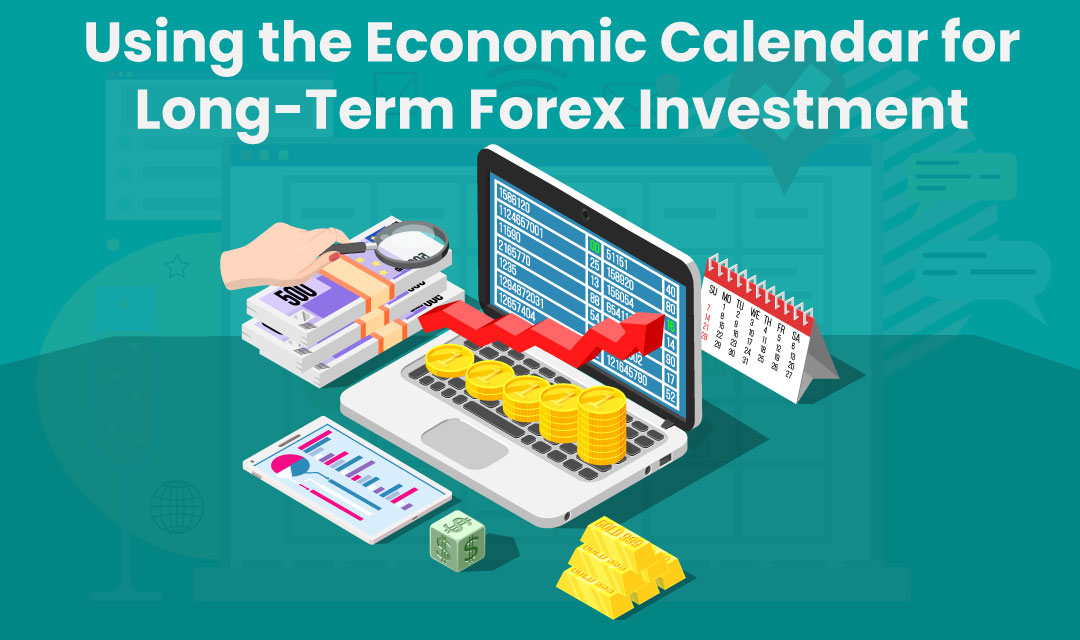
Making informed decisions in forex trading requires more than just technical analysis and chart patterns. Successful long-term forex investors understand that fundamental analysis, particularly through the use of a forex (fx) economic calendar, plays a crucial role in their investment strategy. This comprehensive tool helps traders anticipate market movements and make more calculated decisions for their long-term positions.
Understanding the Economic Calendar's Importance
The economic calendar is essentially a schedule of market-moving events that can significantly impact currency values. These events include GDP reports, employment data, interest rate decisions, and various other economic indicators. For long-term forex investors, these fundamental factors often carry more weight than short-term technical indicators.
Unlike day traders who focus on minute-by-minute price movements, long-term forex investors need to understand the broader economic picture. The economic calendar helps paint this picture by providing a structured timeline of important events that can influence currency pairs over extended periods.
Key Economic Indicators to Monitor
When using an economic calendar for long-term forex investment, certain indicators deserve special attention:
- Interest Rate Decisions
- Central bank meetings and policy announcements
- Forward guidance statements
- Minutes from monetary policy meetings
- Growth Indicators
- Gross Domestic Product (GDP)
- Industrial Production
- Manufacturing PMI
- Service Sector Activity
- Employment Data
- Non-Farm Payrolls (US)
- Unemployment Rate
- Average Hourly Earnings
- Inflation Metrics
- Consumer Price Index (CPI)
- Producer Price Index (PPI)
- PCE Price Index
Developing a Long-Term Strategy
To effectively utilize the economic calendar for long-term forex investment, consider the following approach:
1. Establish Economic Themes
Start by identifying major economic themes that could play out over months or years. For example, diverging monetary policies between central banks often create long-term trending opportunities in currency pairs. The economic calendar helps track the evolution of these themes through regular data releases and policy announcements.
2. Create a Monitoring System
Develop a systematic way to track and analyze economic releases. This might include:
- Setting up alerts for high-impact events
- Maintaining a spreadsheet to track actual vs. forecasted numbers
- Recording how different currency pairs typically react to specific data points
3. Focus on Relative Performance
Long-term forex investment success often comes from identifying and acting on relative economic strength between countries. Use the economic calendar to compare:
- Growth rates
- Interest rate differentials
- Inflation levels
- Employment trends
4. Consider Regional Relationships
Economic data from one country often impacts its trading partners and regional neighbors. For instance, Chinese economic indicators can significantly influence Australian dollar movements due to their strong trading relationship.
Practical Implementation Tips
When incorporating the fx economic calendar into your long-term forex investment strategy, consider these practical tips:
- Filter for Relevance Don't try to monitor everything. Focus on the most impactful events for your chosen currency pairs. This prevents information overload and helps maintain a clear analytical perspective.
- Look for Patterns Over time, you'll notice patterns in how currencies react to specific economic releases. Document these observations to refine your trading approach.
- Consider Multiple Timeframes While focusing on long-term positions, don't ignore shorter-term economic data. These releases often compound to create longer-term trends.
- Plan Around Major Events Position sizing and risk management should account for upcoming high-impact events. Consider reducing exposure before potentially volatile releases.
Conclusion
The economic calendar is an indispensable tool for long-term forex investors. It provides structure and context to fundamental analysis, helping traders identify sustainable trading opportunities. Success comes from systematically incorporating this information into a comprehensive investment strategy while maintaining focus on longer-term economic themes and relationships.
Remember that while the economic calendar provides valuable information, it should be one component of a broader analytical framework. Combining calendar insights with technical analysis, risk management, and a solid understanding of global markets creates a more robust long-term forex investment approach.
By mastering the use of economic calendars and understanding their implications for currency movements, investors can better position themselves for long-term success in the forex market. This approach may require more patience than short-term trading, but it often results in more sustainable and less stressful trading outcomes.
Share this post
Leave a comment
All comments are moderated. Spammy and bot submitted comments are deleted. Please submit the comments that are helpful to others, and we'll approve your comments. A comment that includes outbound link will only be approved if the content is relevant to the topic, and has some value to our readers.

Comments (0)
No comment